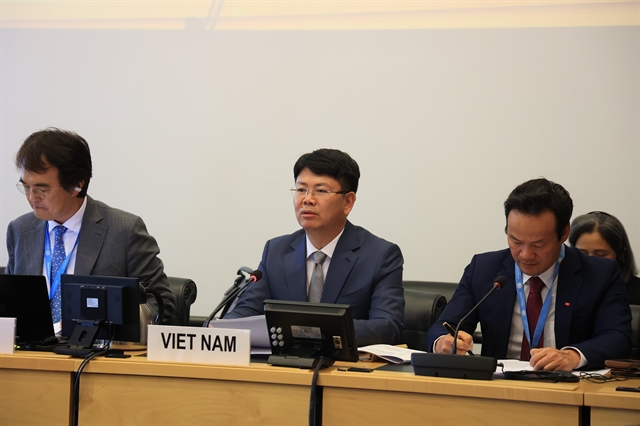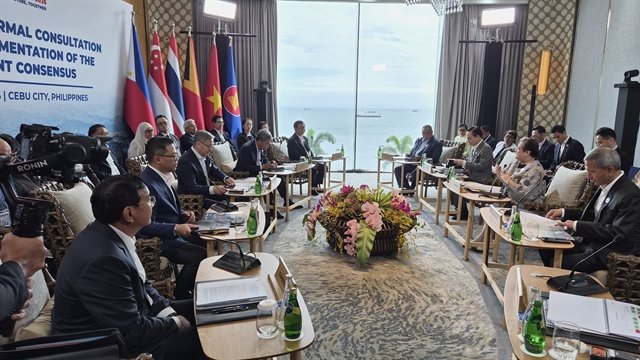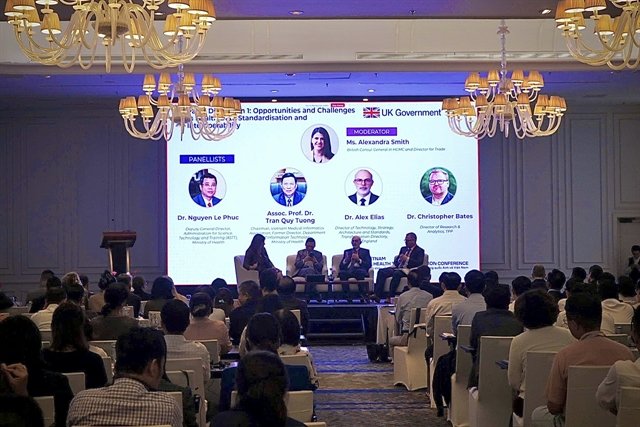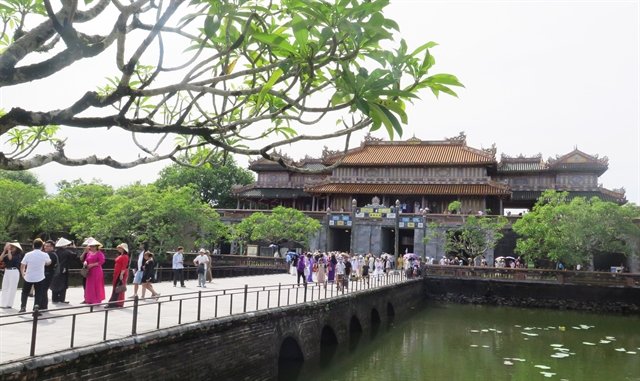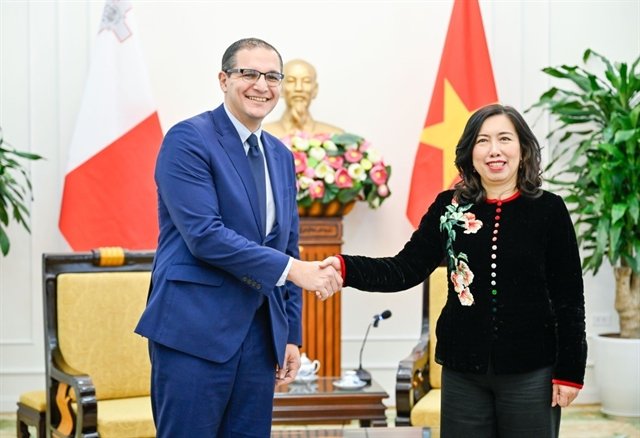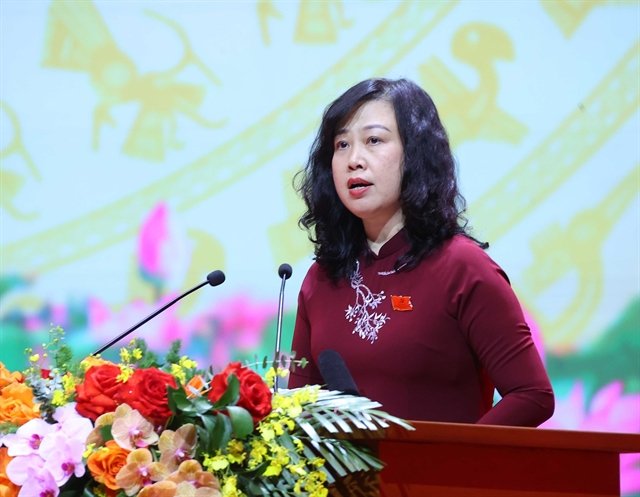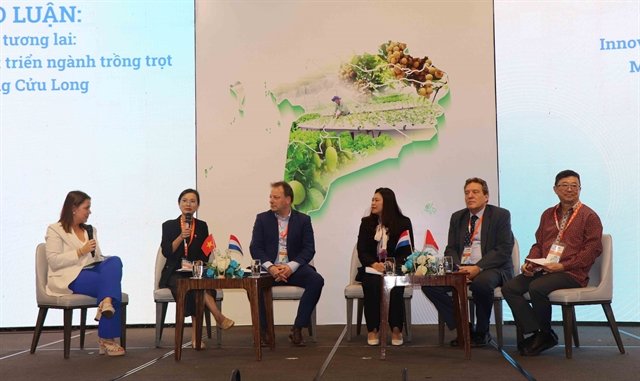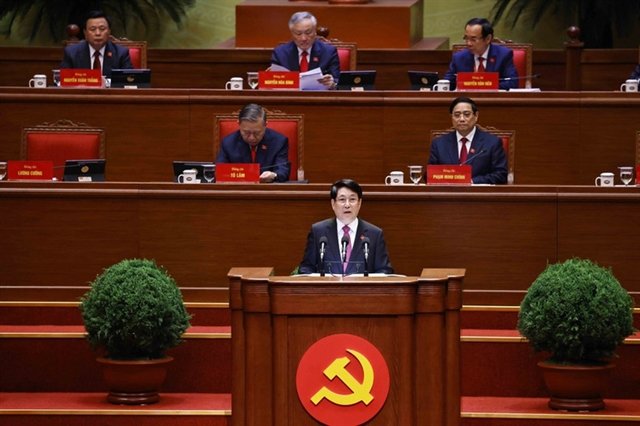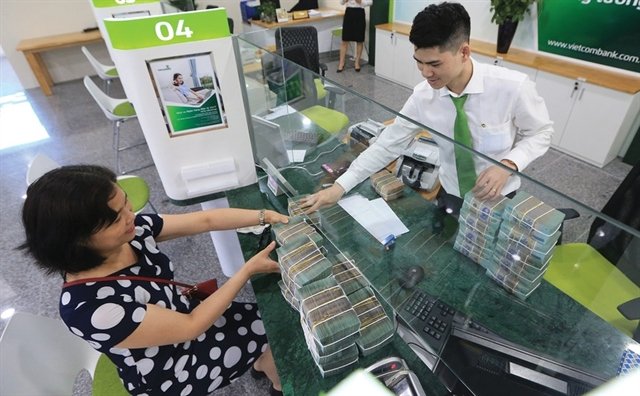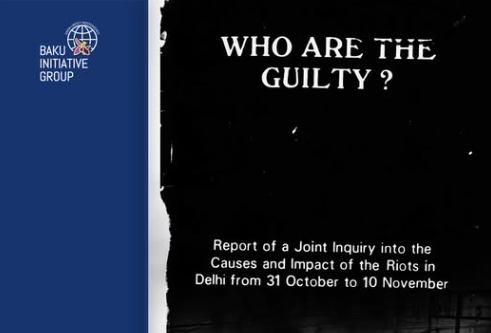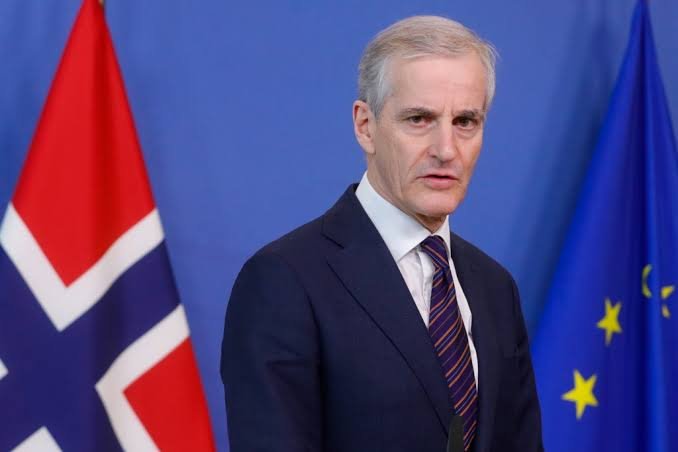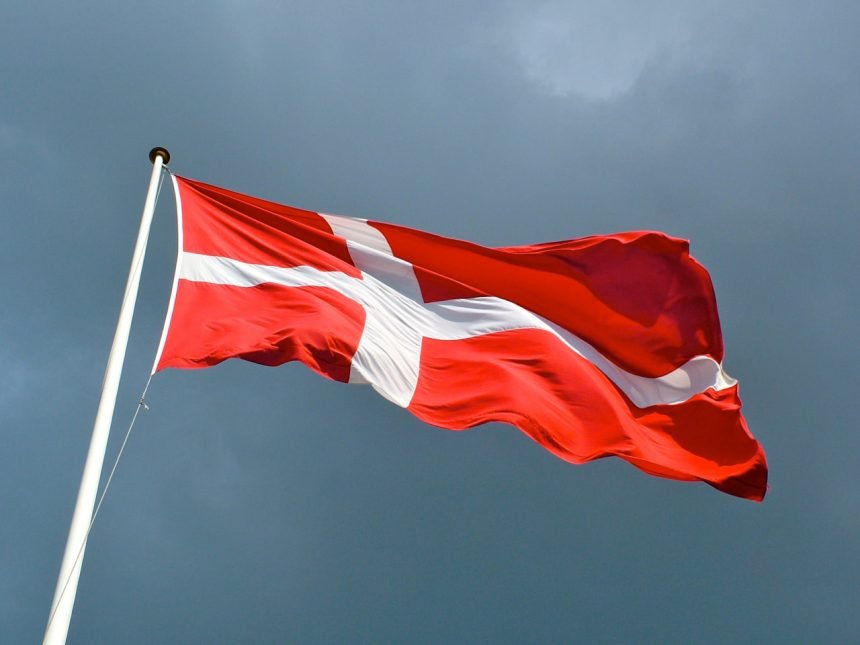Geneva, July 10, 2025 – The Europe Today: Vietnam has reaffirmed its steadfast commitment to a governance model that places people at the heart of policymaking, during a two-day dialogue with the United Nations Human Rights Committee held in Geneva.
The meetings were convened to review Vietnam’s fourth national report on the implementation of the International Covenant on Civil and Political Rights (ICCPR), to which the country acceded in 1982. The sessions provided a platform for an open and constructive exchange on Vietnam’s progress and challenges in fulfilling its human rights obligations.
Deputy Minister of Justice Nguyễn Thanh Tịnh, who led the Vietnamese delegation, underlined Vietnam’s continued seriousness in meeting its international commitments. “Vietnam engages actively and responsibly in the reporting process, and we have responded fully to all questions raised by the Committee,” he said following the sessions.
Discussions spanned a wide range of issues including legal and institutional reforms, reflecting Vietnam’s ongoing efforts to modernise its legal framework and improve enforcement mechanisms on the ground. The Deputy Minister stressed that the reforms are part of a broader vision to align legal development with the principles of good governance and the rule of law.
A key focus of the dialogue was Vietnam’s approach to balancing economic growth with social progress. Deputy Minister Tịnh highlighted that all state and Party actions are rooted in a people-centered philosophy, positioning citizens not only as policy beneficiaries but also as active contributors to national development.
He cited recent administrative reforms as a testament to this approach. These include the elimination of the district level in Vietnam’s administrative structure, streamlining of ministries and sectors, and a shift toward a two-tier local government system. These structural changes aim to enhance decentralisation, promote post-inspection over pre-approval processes, and improve the overall efficiency of public service delivery.
Such reforms are in line with the Committee’s recommendations, particularly the call for narrowing the gap between legislation and implementation. While Vietnam has made substantial advances in establishing a comprehensive legal system, greater attention is now being directed at ensuring that laws are enforced effectively and yield tangible benefits for citizens.
The 2013 Constitution was highlighted as a pivotal milestone in codifying civil and political rights, and reinforcing the responsibility of institutions and individuals to respect and uphold those rights.
Deputy Minister Tịnh also acknowledged the contributions of Vietnam’s inter-agency delegation, comprising representatives from key ministries and the country’s Permanent Mission to Geneva, whose coordinated efforts supported the success of the dialogue.
Vietnam’s engagement with the UN Human Rights Committee marks another step in its ongoing journey to integrate international human rights standards into national development, reaffirming its position as a responsible member of the international community.
